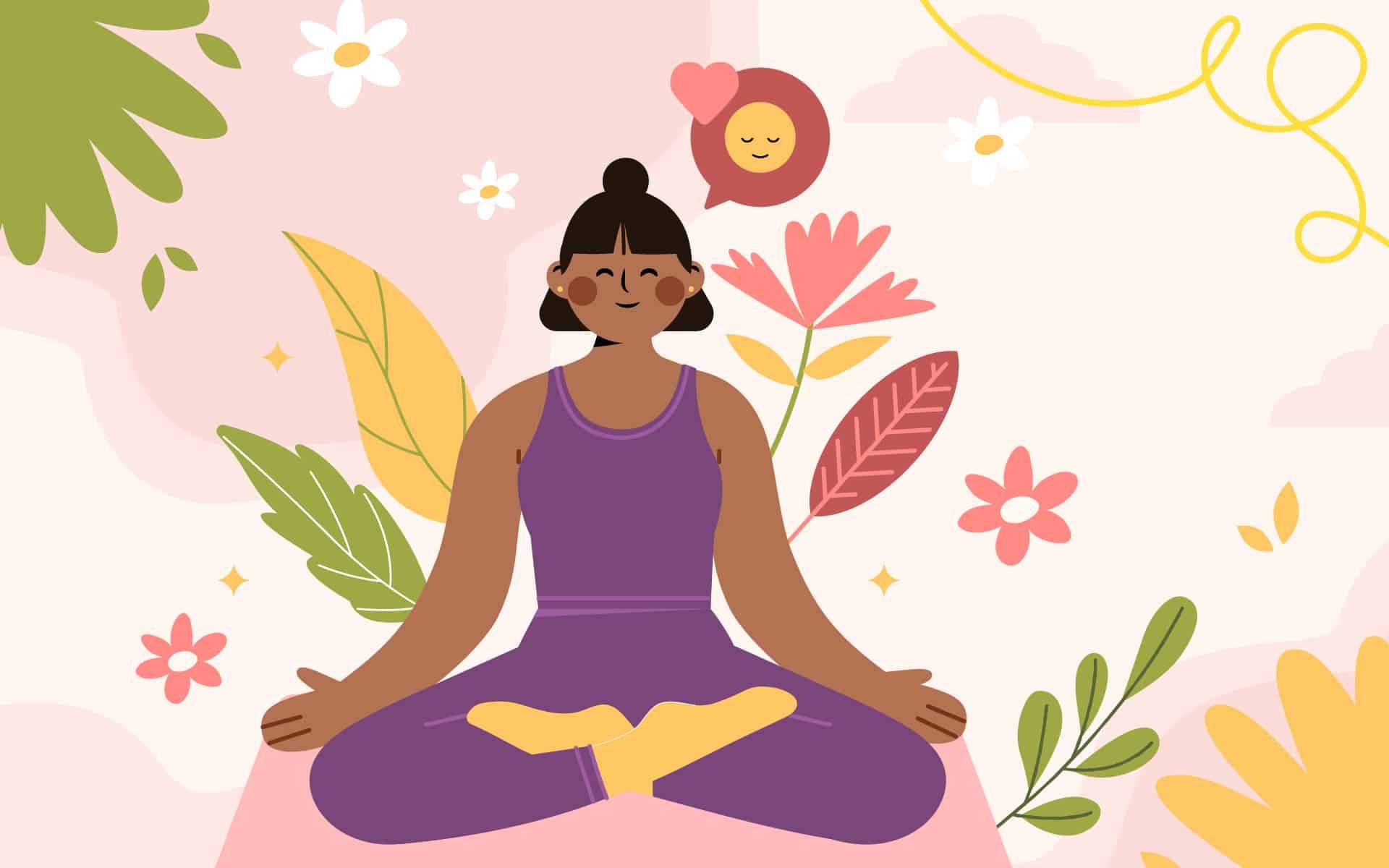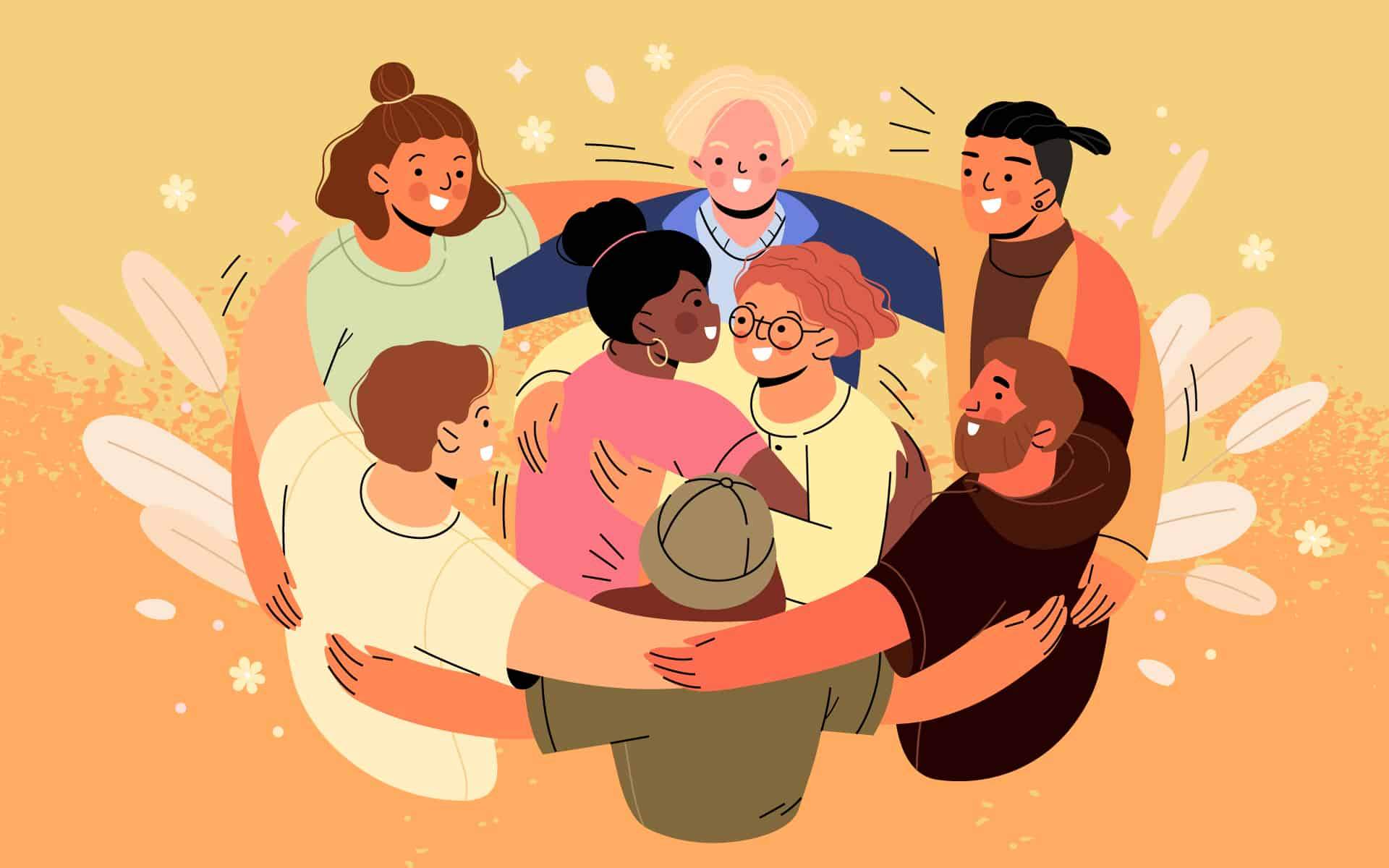With the rise of managed health care, which emphasizes cost-efficiency and brevity, mental health professionals have had to confront this burning question: How can they help clients derive the greatest possible benefit from treatment in the shortest amount of time?
Recent evidence suggests that a promising approach is to complement psychological counseling with additional activities that are not too taxing for clients but yield high results. In our own research, we have zeroed in on one such activity: the practice of gratitude. Indeed, many studies over the past decade have found that people who consciously count their blessings tend to be happier and less depressed.
We set out to address these questions in a recent research study involving nearly 300 adults, mostly college students, who were seeking mental health counseling at a university. We recruited these participants just before they began their first session of counseling, and, on average, they reported clinically low levels of mental health at the time. The majority of people seeking counseling services at this university in general struggled with issues related to depression and anxiety. The problem is that most research studies on gratitude have been conducted with college students or other well-functioning people. Is gratitude beneficial for people who struggle with mental health concerns? And, if so, how?
Is gratitude beneficial for people who struggle with mental health concerns? And, if so, how?
We randomly assigned our study participants into three groups. Although all three groups received counseling services, the first group was also instructed to write one letter of gratitude to another person each week for three weeks, whereas the second group was asked to write about their deepest thoughts and feelings about negative experiences. The third group did not do any writing activity.
What did we find? Compared with the participants who wrote about negative experiences or only received counseling, those who wrote gratitude letters reported significantly better mental health four weeks and 12 weeks after their writing exercise ended. This suggests that gratitude writing can be beneficial not just for healthy, well-adjusted individuals, but also for those who struggle with mental health concerns. In fact, it seems, practicing gratitude on top of receiving psychological counseling carries greater benefits than counseling alone, even when that gratitude practice is brief.
And that’s not all. When we dug deeper into our results, we found indications of how gratitude might actually work on our minds and bodies. While not definitive, here are four insights from our research suggesting what might be behind gratitude’s psychological benefits.
1. Gratitude unshackles us from toxic emotions
First, by analyzing the words used by participants in each of the two writing groups, we were able to understand the mechanisms behind the mental health benefits of gratitude letter writing. We compared the percentage of positive emotion words, negative emotion words, and “we” words (first-person plural words) that participants used in their writing. Not surprisingly, those in the gratitude writing group used a higher percentage of positive emotion words and “we” words, and a lower proportion of negative emotion words, than those in the other writing group.
It was the lack of negative emotion words—not the abundance of positive words—that explained the mental health gap between the gratitude writing group and the other writing group.
However, people who used more positive emotion words and more “we” words in their gratitude letters didn’t necessarily have better mental health later. It was only when people used fewer negative emotion words in their letters that they were significantly more likely to report better mental health. In fact, it was the lack of negative emotion words—not the abundance of positive words—that explained the mental health gap between the gratitude writing group and the other writing group.
Perhaps this suggests that gratitude letter writing produces better mental health by shifting one’s attention away from toxic emotions, such as resentment and envy. When you write about how grateful you are to others and how much other people have blessed your life, it might become considerably harder for you to ruminate on your negative experiences.
2. Gratitude helps even if you don’t share it
We told participants who were assigned to write gratitude letters that they weren’t required to send their letters to their intended recipient. In fact, only 23 percent of participants who wrote gratitude letters sent them. But those who didn’t send their letters enjoyed the benefits of experiencing gratitude nonetheless. (Because the number of people who sent their letters was so small, it was hard for us to determine whether this group’s mental health was better than those who didn’t send their letter.)
Only 23 percent of participants who wrote gratitude letters sent them.
This suggests that the mental health benefits of writing gratitude letters are not entirely dependent on actually communicating that gratitude to another person.
So if you’re thinking of writing a letter of gratitude to someone, but you’re unsure whether you want that person to read the letter, we encourage you to write it anyway. You can decide later whether to send it (and we think it’s often a good idea to do so). But the mere act of writing the letter can help you appreciate the people in your life and shift your focus away from negative feelings and thoughts.
3. Gratitude’s benefits take time
These results are encouraging because many other studies suggest that the mental health benefits of positive activities often decrease rather than increase over time afterward. We don’t really know why this positive snowball effect occurred in our study. Perhaps the gratitude letter writers discussed what they wrote in their letters with their counselors or with others. These conversations may have reinforced the psychological benefits derived from the gratitude writing itself. It’s important to note that the mental health benefits of gratitude writing in our study did not emerge immediately, but gradually accrued over time. Although the different groups in our study did not differ in mental health levels one week after the end of the writing activities, individuals in the gratitude group reported better mental health than the others four weeks after the writing activities, and this difference in mental health became even larger 12 weeks after the writing activities.
For now, the bottom line is this: If you participate in a gratitude writing activity, don’t be too surprised if you don’t feel dramatically better immediately after the writing. Be patient and remember that the benefits of gratitude might take time to kick in.
4. Gratitude has lasting effects on the brain
We used an fMRI scanner to measure brain activity while people from each group did a “pay it forward” task. In that task, the individuals were regularly given a small amount of money by a nice person, called the “benefactor.” This benefactor only asked that they pass the money on to someone if they felt grateful. Our participants then decided how much of the money, if any, to pass on to a worthy cause (and we did in fact donate that money to a local charity). About three months after the psychotherapy sessions began, we took some of the people who wrote gratitude letters and compared them with those who didn’t do any writing. We wanted to know if their brains were processing information differently.
We found that when people who are generally more grateful gave more money to a cause, they showed greater neural sensitivity in the medial prefrontal cortex, a brain area associated with learning and decision making. This suggests that people who are more grateful are also more attentive to how they express gratitude.
We wanted to distinguish donations motivated by gratitude from donations driven by other motivations, like feelings of guilt or obligation. So we asked the participants to rate how grateful they felt toward the benefactor, and how much they wanted to help each charitable cause, as well as how guilty they would feel if they didn’t help. We also gave them questionnaires to measure how grateful they are in their lives in general.
We found that across the participants, when people felt more grateful, their brain activity was distinct from brain activity related to guilt and the desire to help a cause. More specifically, we found that when people who are generally more grateful gave more money to a cause, they showed greater neural sensitivity in the medial prefrontal cortex, a brain area associated with learning and decision making. This suggests that people who are more grateful are also more attentive to how they express gratitude.
Most interestingly, when we compared those who wrote the gratitude letters with those who didn’t, the gratitude letter writers showed greater activation in the medial prefrontal cortex when they experienced gratitude in the fMRI scanner. This is striking as this effect was found three months after the letter writing began. This indicates that simply expressing gratitude may have lasting effects on the brain. While not conclusive, this finding suggests that practicing gratitude may help train the brain to be more sensitive to the experience of gratitude down the line, and this could contribute to improved mental health over time.
Though these are just the first steps in what should be a longer research journey, our research so far not only suggests that writing gratitude letters may be helpful for people seeking counseling services but also explains what’s behind gratitude’s psychological benefits. At a time when many mental health professionals are feeling crunched, we hope that this research can point them—and their clients—toward an effective and beneficial tool.
Regardless of whether you’re facing serious psychological challenges, if you have never written a gratitude letter before, we encourage you to try it. Much of our time and energy is spent pursuing things we currently don’t have. Gratitude reverses our priorities to help us appreciate the people and things we do.
This article originally appeared on Greater Good, the online magazine of UC Berkeley’s Greater Good Science Center, one of Mindful’s partners. View the original article.
Read More
Create a Journaling Habit that Works for You
Putting our feelings down on paper can seem intimidating, or even daunting. Here’s how to incorporate the art of journaling into your routine—in a way that feels right for you. Read More
How to Practice Gratitude
Practicing gratitude has incredible effects, from improving our mental health to boosting our relationships with others. Explore ways you can be more appreciative in our mindful guide to gratitude. Read More










